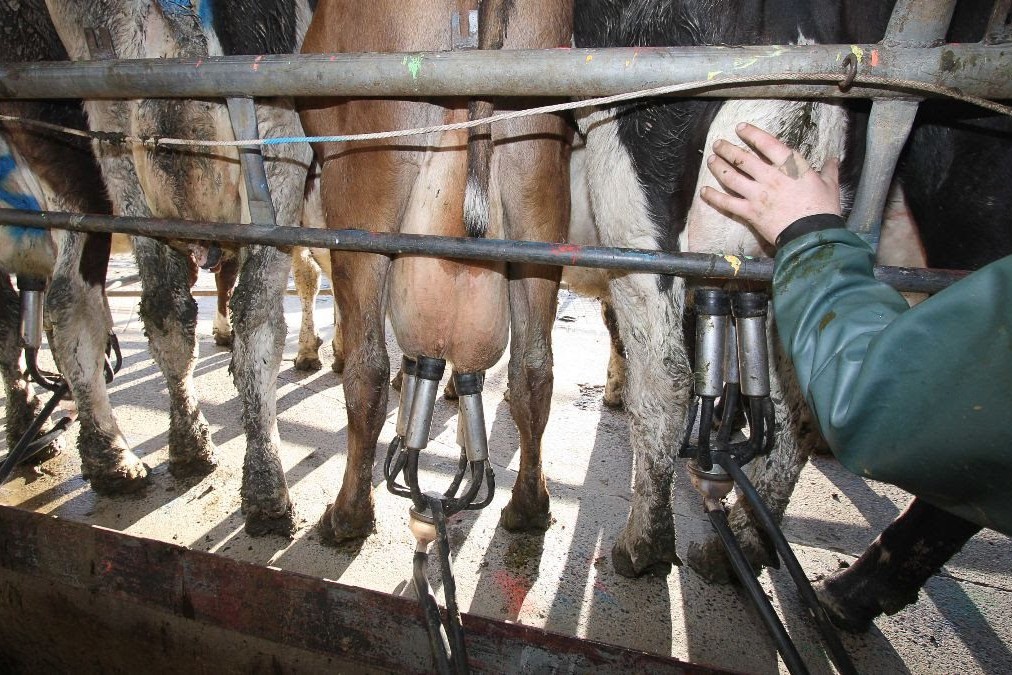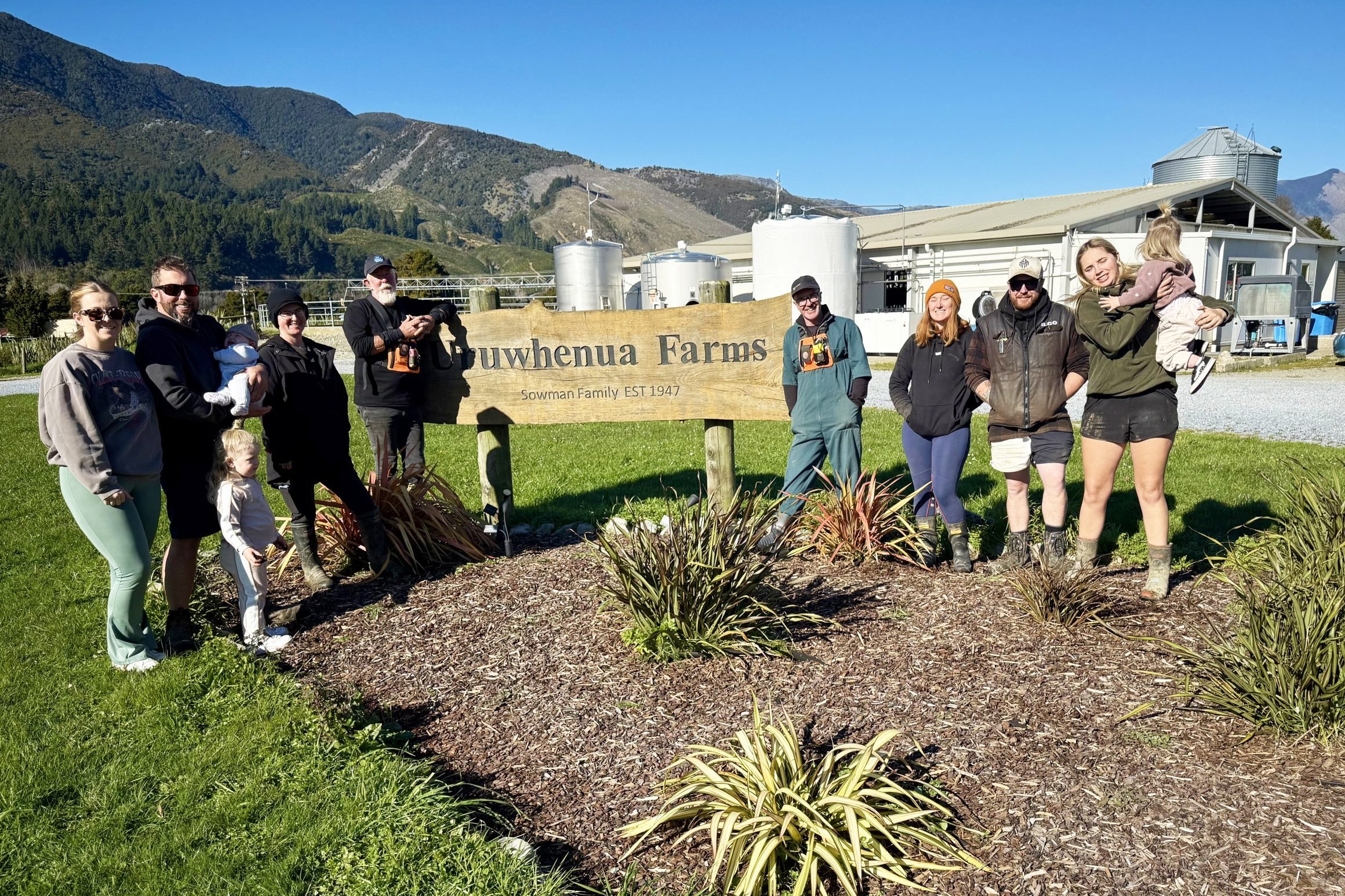Covid-19 has impacted the lives of every single New Zealander. The Government has stated that it considers vaccination to be the best form of protection against the virus and has already mandated that employees are vaccinated in several industries where it considers the risk of spreading the virus is high.
Primary industries, including the dairy industry, have not yet been mandated, but it is possible that new industries could be added.
Arguably, there are justifiable reasons for this within the rural community, particularly given that agriculture and horticulture sectors make up an important part of NZ’s food supply chain and are the backbone of the country’s exports and economy. With the increased transmissibility of the Delta variant, the spread of Covid-19 within rural workplaces could have a significant impact not only on the affected businesses, but also on the economy. Employers whose workplaces are not yet covered by the Government’s vaccination mandate (including farms) should still consider what measures they should be taking to protect their workers. The first step is often to ask employees to disclose their vaccination status.
Employers can ask employees for their vaccination status if they have a genuine need for the information and they collect, store, and share the information in accordance with the Privacy Act 2020.
Employees do not have to provide their vaccination status to their employer, however, if they choose not to disclose this, the employer may let them know that they’ll therefore assume that they are unvaccinated (and the employer should inform the employee of this assumption).
Employers can also undertake a health and safety risk assessment to determine whether certain roles within their business should be undertaken by a vaccinated employee. Such an assessment includes considering the likelihood of employees being exposed to Covid-19 in their workplace and the potential consequences of that exposure for others, alongside possible control measures. WorkSafe New Zealand has published guidance on how to undertake a risk assessment and the Government has indicated that they will soon introduce a risk assessment process in law. If the outcome of the risk assessment indicates there is low risk associated with these factors, the employer may allow unvaccinated employees to continue in their role.
If the outcome of the assessment indicates that there is high risk associated with the relevant factors, the employer may decide to mandate vaccinations for individual roles. This can be done by introducing a mandatory vaccination policy. However, before any decisions are made to introduce such a policy, the employer must first consult with employees about that proposal and how they might be impacted.
If a mandatory vaccination policy is introduced, and if employees are unable or unwilling to be vaccinated, employers will need to tread carefully and before terminating employment consider whether there are available alternatives to termination of employment, such as redeployment into a lower risk role or working remotely. As the dairy industry has its own unique factors to consider – like shared accommodation – these can also be addressed in a policy.
The risk assessment will assist to justify the outcome, whether it is to require vaccination or not. Therefore, it is an important step in the process either way.
Under the Health and Safety at Work Act 2015, employers have a duty to keep their employees safe at work. This includes identifying hazards that could give rise to reasonably foreseeable risks to health and safety, and when it is not reasonably practicable to eliminate the risk, to implement control measures to minimise risks to health and safety.
To uphold this legislative requirement, employers should ensure that any employee required to self-isolate due to testing positive to Covid-19, or being a close contact, does so, as this should reduce the spread of Covid-19 to other employees. Similarly, employers should ask an employee to get tested for Covid-19, if they suspect they may be positive.
A farmer may also determine it is prudent to implement a mandatory vaccination policy requiring all persons entering their farm to be vaccinated against Covid-19 to protect those onfarm from risks to their health and safety. Prior to implementing such a policy, however, careful advice and process steps should be followed including engaging with those frequently visiting the farm to explain the reasons for the proposed policy and to discuss the implications.
The Covid-19 vaccine is a highly charged and fast-moving topic impacting on human rights, privacy, employment and health and safety laws. If you have any questions in relation to the above information, including regarding risk assessments, mandatory vaccination policies, or termination, please feel free to email amanda.douglas@wynnwilliams. co.nz
- Amanda Douglas is a partner at Wynn Williams and leads the firm’s Employment Law Team.





